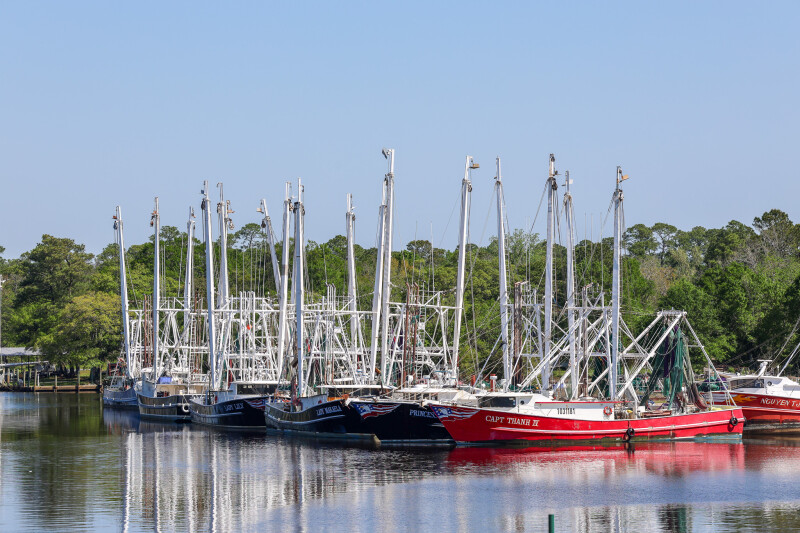A coalition representing several American food industries is urging the federal government to impose targeted tariffs on imported seafood and agricultural products in response to what they describe as longstanding unfair trade practices.
In a joint letter to President Donald Trump, the coalition composed of the Southern Shrimp Alliance, Catfish Farmers of America, Crawfish Processors Alliance, Louisiana Farm Bureau Crawfish Committee, and the American Honey Producers Association called for policy measures aimed at protecting domestic production and reinforcing food security.
You can access the full letter here: Letter to President on Tariffs
The letter warns that without intervention, critical American food sectors could face continued economic pressure from low-cost imports, particularly from countries including Vietnam, China, and India.
“U.S. shrimpers harvest America’s favorite seafood sustainably while supporting coastal economies and communities,” said John Williams, executive director of the Southern Shrimp Alliance. “The Trump administration has demonstrated it stands by American workers. We hope this means America will stop outsourcing our shrimp supply to foreign producers with questionable practices that undermine economic and food security.”
The call for action follows a recent communication from U.S. Trade Representative Ambassador Jamieson Greer, who, in a letter to Rep. Troy Carter (D-La.), acknowledged the challenges faced by domestic shrimp producers. Greer characterized the issue as not only an economic concern but also a matter of national food security.
You can access the full letter here: Letter from Ambassador Greer to Rep. Carter
The coalition is asking for a series of trade measures, including:
- Tariffs on imported shrimp, catfish, crawfish, and honey aligned with domestic production costs
- Enhanced enforcement against transshipment and tariff evasion
- Expanded inspections of imported goods for food safety violations
- Potential use of national emergency powers to strengthen food supply protections
Leaders from the shrimp and crawfish sectors have emphasized the impact of imported, farm-raised seafood on U.S. markets. Industry representatives argue that foreign products often enter the country at artificially low prices and may not meet U.S. safety standards, further eroding the competitiveness of domestic producers.
The coalition members say the ongoing influx of low-cost imports has contributed to job losses in rural communities and declining domestic production. They argue that new trade policies are needed to ensure the long-term viability of U.S. food production industries.
The shrimp industry, in particular, has been vocal in recent years about the impact of imported product on domestic harvesters, pointing to environmental, labor, and safety concerns tied to foreign aquaculture operations.







